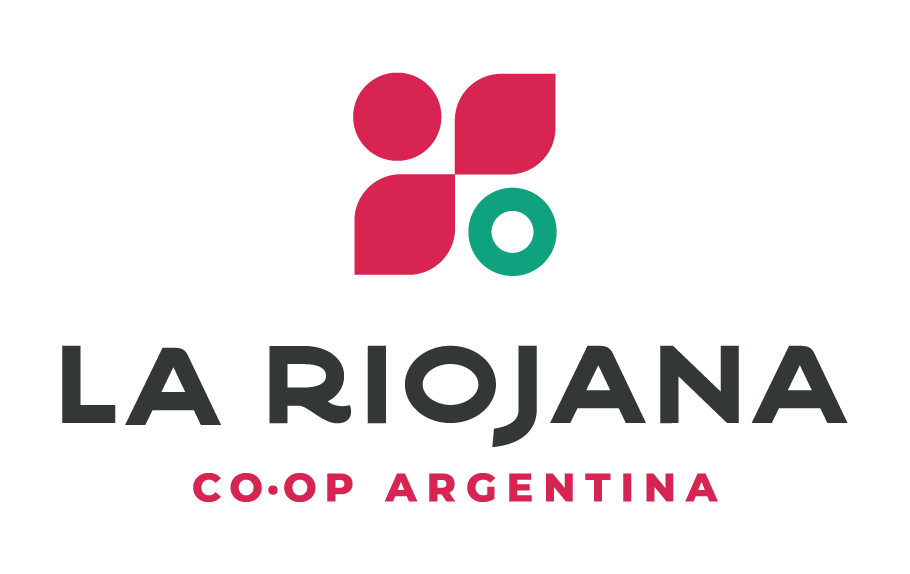Our origins
The success of the La Riojana co-operative lies in the fact every one of our members is as important as each other, regardless of size or how long they have been part of the winery.
Vitally every member and every grower gets an equal vote in deciding what key steps and decisions the co-operative takes.
The foundations on which the La Riojana co-operative are built are what makes it unique.
When Italian migrants first set up home in Argentina it was in the Famatina Valley in the remote northwest region of La Rioja.
As many of the migrants had been wine growers back home in Italy they looked to make their living by buying grapes and making wine. As more and more families came together the co-operative we know today as La Riojana was born.
Many of the 500 plus growers can trace their families back through four generations of working as part of the La Riojana co-operative.
La Riojana’s growers
Each grower that makes up the La Riojana family has own unique story to tell. But the majority, up to 80%, are small growers, owning no more than three hectares of land.
Our growers are located all over La Rioja province, with many living in villages and communities near to La Riojana’s main winery in Chilecito.
Between the growers they harvest some 4,000 hectares of vineyards.
La Riojana’s workers
La Riojana co-operative has a workforce of over 250 people, the vast majority of whom work at La Riojana’s main winery in Chilecito and live either in Chilecito itself or in villages nearby.
Member benefits
By being a member of La Riojana co-operative, not only are you able to vote on how the Fairtrade Premium is invested at the annual assembly, you are guaranteed a range of services and support. These include:
- The re-assurance you will receive a price for your grapes that is fair and higher than the average market price.
- Access to financial support and special credit terms and loans.
- Free technical assistance in your vineyard from the co-operative’s agricultural team.
- Collective hail insurance from a central fund that compensates members who suffer from loss of production as a result of hail
- The fair distribution of profits amongst members to help re-invest in items such as new machinery to help improve production.
- Cheaper central purchasing rates for products such as diesel and fertiliser

